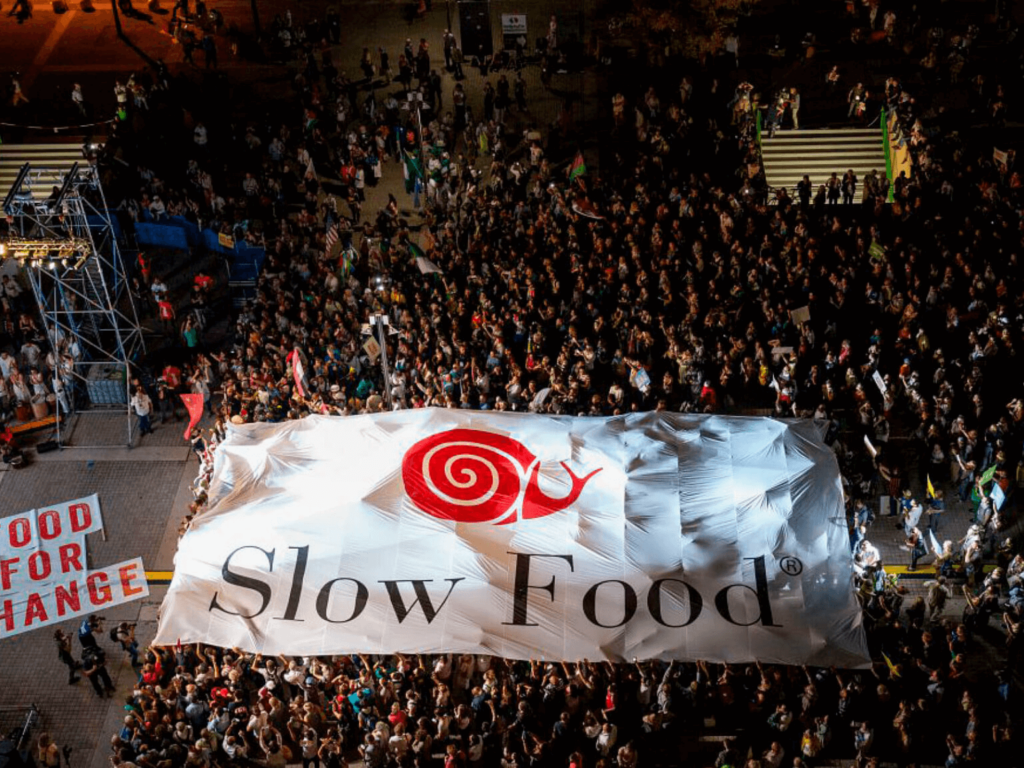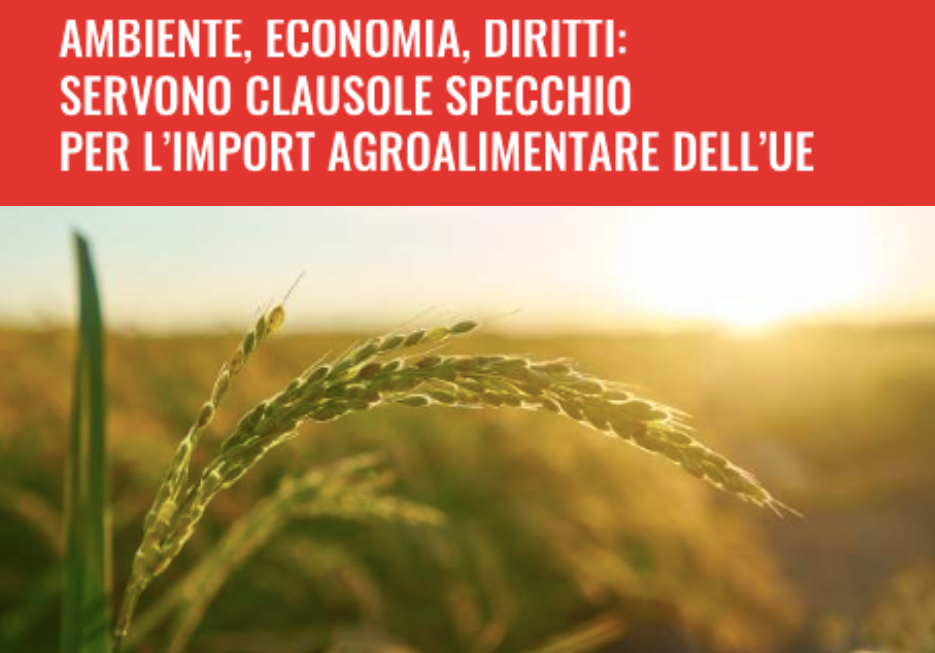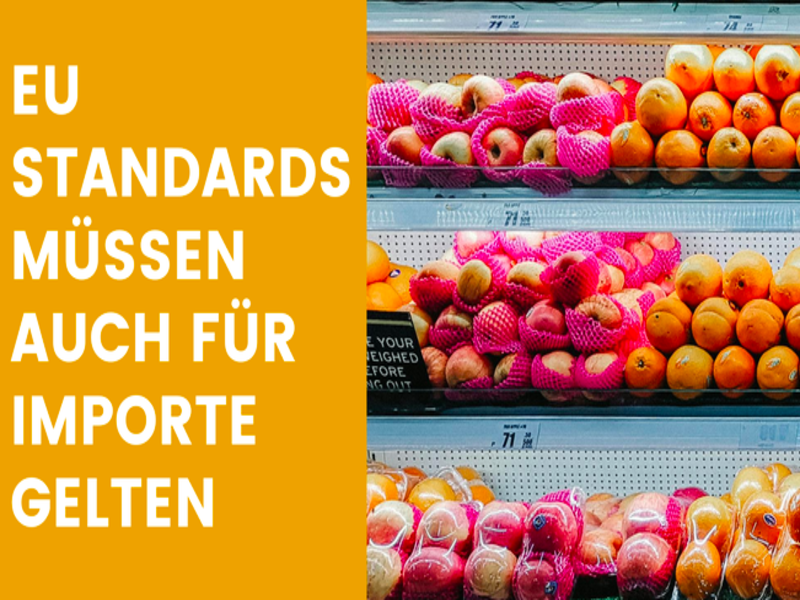Slow Food Italy and Germany Campaign Against Unfair Agrifood Trade Policies
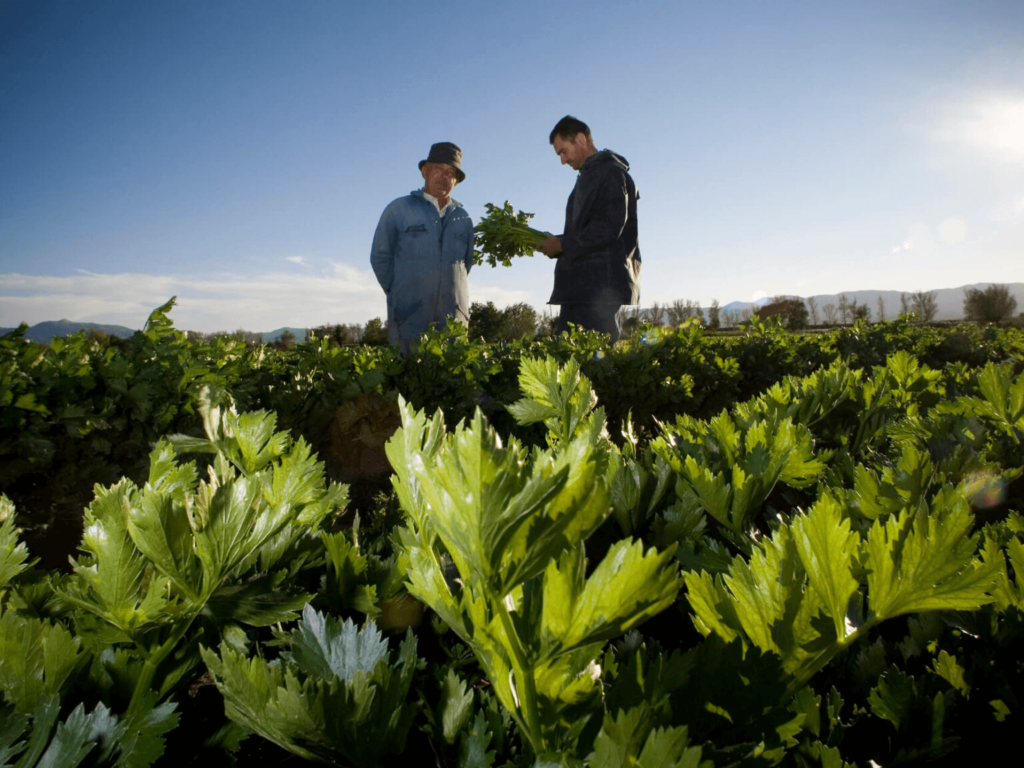
In the run up to the EU elections, Slow Food Italy and Slow Food Germany are campaigning on the (often underestimated) impact of trade policy on the European food system, and more specifically, on the need to:
- put in place a regulation on mitigating the environmental and health impacts of food imports
- introduce mirror measures in relevant EU legislation
- introduce mirror clauses in all EU trade agreements for agrifood products
- ban EU production for export of banned pesticides whose use is prohibited in the EU due to their danger to health or ecosystems
the EU to third countries
WHY?
For too long, EU food policies have been made in siloes. While certain policies (such as the Common Agricultural Policy), have been focusing on increasing food productivity, others (like the EU Green Deal) have laid the ground for the transition towards sustainable agriculture in Europe. This has put EU farmers in a bind, caught between the obligation to produce more and the need to make the transition to sustainable agriculture, while competing with cheaper products from outside the EU, which are not subject to the same production rules. This creates a double-standards situation. Meanwhile, EU countries toxic products banned in .
What are mirror measures?
Mirror measures are provisions integrated into EU legislation and aim to guarantee that producers in third countries who want to export to the EU market must comply with the same production standards, particularly in the areas of sustainability (e.g. farmers wage rates), the environment (e.g. rules related to pesticides and herbicides), health and animal welfare.
What are mirror CLAUSES?
Mirror clauses refer to environmental, health or animal welfare clauses included in bilateral trade agreements in order to condition access to import quotas or reduced customs duties for partner countries.
What do Slow Food’s campaigns entail?
Slow Food Italy and Slow Food Germany have put together reports to unmask the double standards that exist between products from the EU and non-EU countries through the analysis of selected foodstuffs especially relevant in their countries: beef, soy, rice and apples. Based on results of the reports that include political recommendations, they will launch campaigns in April-May to raise awareness on the topic, and on the importance of voting for the EU elections to change the future of food in Europe.
CAN YOU JOIN?
Good Food Good Farming #VoteFutureEU
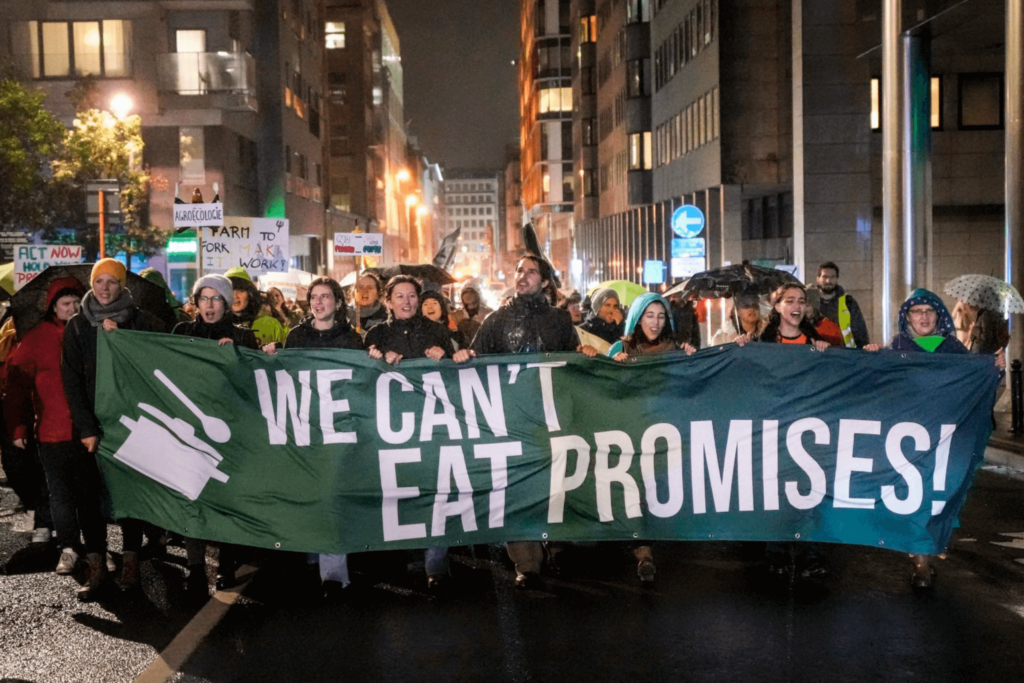
In this EU election year, we have invited the Slow Food network to take part in Good Food Good Farming’s pan-European elections campaign, #VoteFutureEU, by organizing local actions over a range of EU countries.
Our mission? Raise public awareness of the EU’s influence and role in transforming EU food and agriculture systems for the better. In fact, the aim of these advocacy actions is to encourage people to make an informed vote, all while thinking of keeping food systems high on the agenda.
How? Slow Food networks across Europe will be organizing conferences, debates, farm visits, and other events to mobilize their communities.
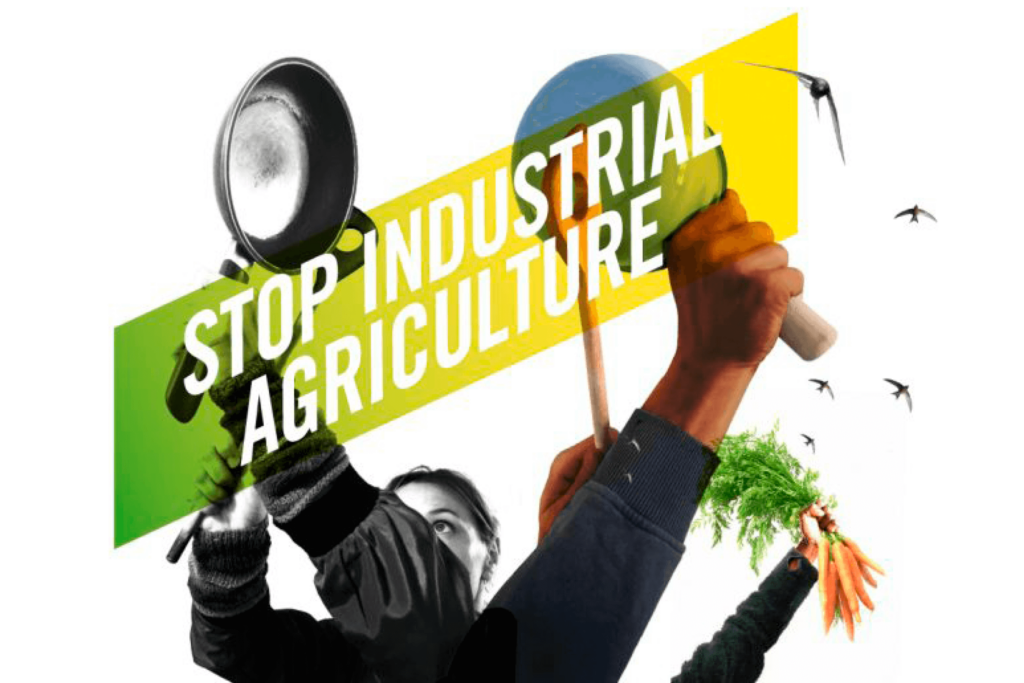
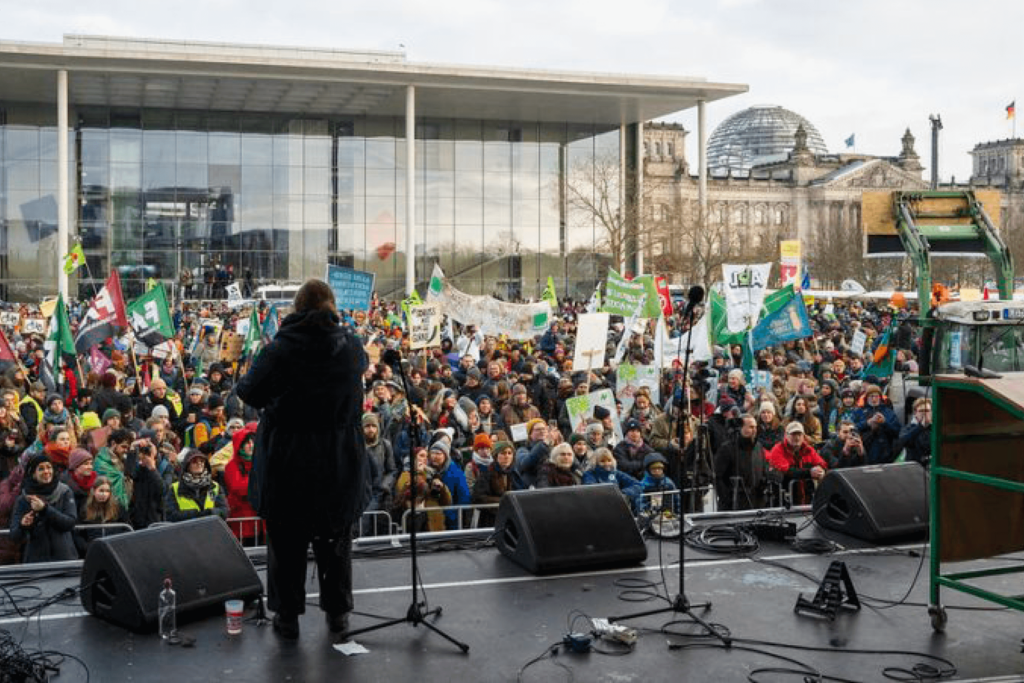
About GFGF:
Good Food Good Farming is a civil society alliance, of which Slow Food is an active member, that campaigns for sustainable food and farming across Europe since 2018. It brings together groups and organizations who campaign at local, national and EU levels to put pressure on politicians for better food and farming policies.
Check out this page regularly for videos and photos from the different actions!
